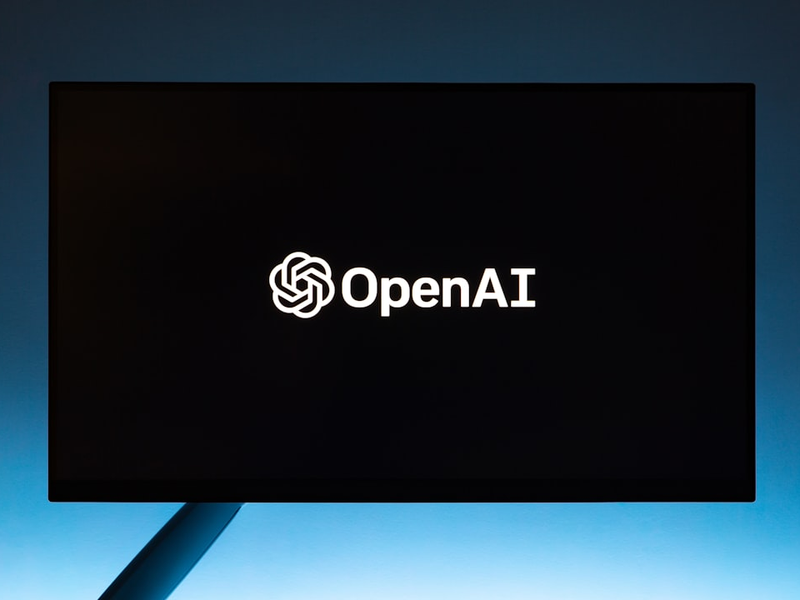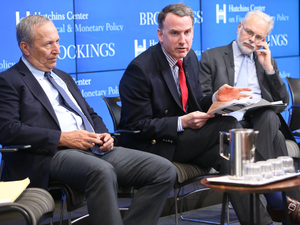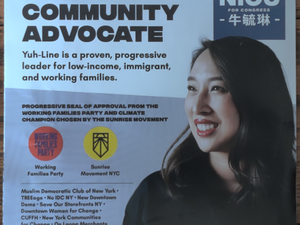OpenAI's Big Tech Pivot: When Nonprofits Go Corporate

Photo by Andrew Neel on Unsplash
In a dramatic shift that’s sending ripples through Silicon Valley, OpenAI is transforming its corporate structure, raising serious questions about the future of AI governance and ethical boundaries.
The company behind ChatGPT is converting from a nonprofit to a for-profit entity, with a deal approved by California Attorney General Rob Bonta that critics argue is riddled with potential conflicts of interest. Under the new arrangement, the OpenAI Foundation will hold approximately 26 percent of the company’s valuation, worth around $130 billion, instantly becoming one of the most well-funded philanthropic organizations globally.
Experts are skeptical about the restructuring’s safeguards. Robert Bartlett, a Stanford Law School professor, notes the unusual setup where a minority nonprofit stakeholder will have oversight of the for-profit corporation. The arrangement includes a safety committee with the power to control safety procedures and halt AI model releases, but the exact composition and independence of this committee remain unclear.
The move comes after significant controversies, including a lawsuit alleging ChatGPT provided suicide instructions to a teenager and criticism over potentially disrespectful AI-generated video content. These incidents highlight the growing concerns about AI’s societal impacts.
Additionally, Steven Adler, a former OpenAI product safety team member, has publicly expressed doubts about the company’s ability to deploy technologies safely. The Eyes On OpenAI coalition, comprising over 60 California nonprofit organizations, argues that the restructuring could set a dangerous precedent for tech startups seeking to circumvent regulatory oversight.
Judith Bell from the San Francisco Foundation bluntly describes the new structure as having “a bazillion conflicts of interest,” particularly worrying given AI’s potential broad societal implications.
As OpenAI positions itself for a potential future initial public offering, the tech world watches closely. Will this corporate metamorphosis represent a responsible approach to AI development, or merely a sophisticated method of maintaining old power structures under a new guise?
The stakes are high, and the implications stretch far beyond one company’s corporate strategy.
AUTHOR: mls
SOURCE: CalMatters





















































